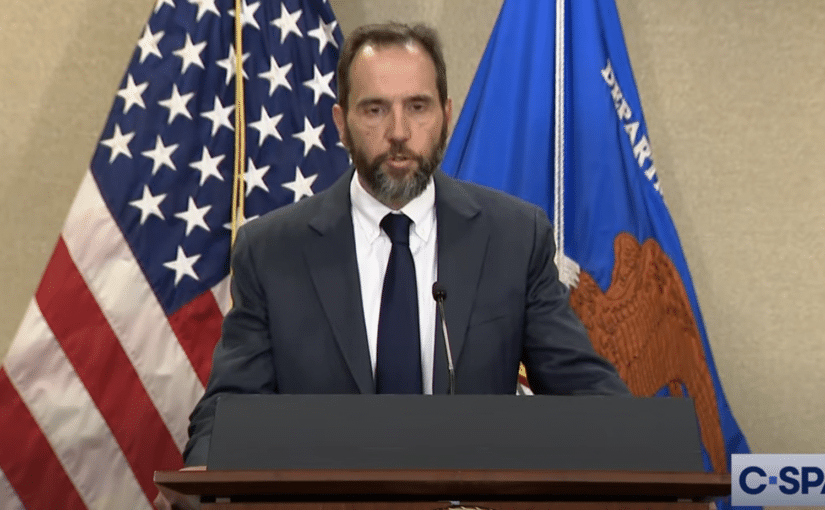The unscrupulous debt settlement playbook seems filled with the same x’s and o’s all across the country. These folks organize a group of companies, use robocalls to solicit victims who owe money, promise to help clear up debts, collect a fat fee and leave the consumer in financial ruin.
The latest crackdown by the Federal Trade Commission (FTC) charges an Irvine, California-based company with failing to fulfill promises to provide legal advice and settle consumers’ debts. This company audaciously charged some consumers as much as $10,000.
The FTC alleged that “DebtPro 123 LLC defendants told consumers to stop paying and communicating with their creditors. As a result, although consumers hired the defendants in hopes of improving their financial situation, their debt often increased, causing them to lose their homes, have their wages garnished, lose their retirement savings, or file for bankruptcy.”
The group of companies and individuals, led by Bryan E. Taylor, used robocalls, website ads, promotional videos and marketing companies to generate leads. They promised consumers would “become debt free and enjoy financial independence” within 18 months. They said their attorneys could use relationships with all of the major creditors to negotiate the best possible deal and claimed consumers could reduce their debt by 30 to 70 percent.
They asked for a Limited Power of Attorney from consumers and debited their bank accounts for illegal upfront fees, monthly charges and the supposed payments to creditors. But the FTC complaint says they didn’t begin to negotiate with creditors immediately and, even in cases where they did make some payments, they did not pay all of the consumer’s debts.
Some people were told their debts were “resolved” only to learn later that they still owed money and were being sued by a creditor.
This nightmarish situation highlights a few things for the rest of us:
Ignore companies that make robocalls or advertise on the web or on TV and promise to help you fix your credit or settle your debts.
Look for not-for-profit groups in your community that help with credit counseling.
How do you spot a phony debt settlement company? The Better Business Bureau suggests you stay away if a company:
- Demands that you provide account numbers or other financial details before it will discuss its services or fees.
- Boasts that it can lower your monthly payments by a specific amount or percentage.
- Promises that it can “get you out of debt easily.”
- Claims that it can remove negative information, such as bankruptcy, from your credit report.
-
Insists that you make an immediate decision.


